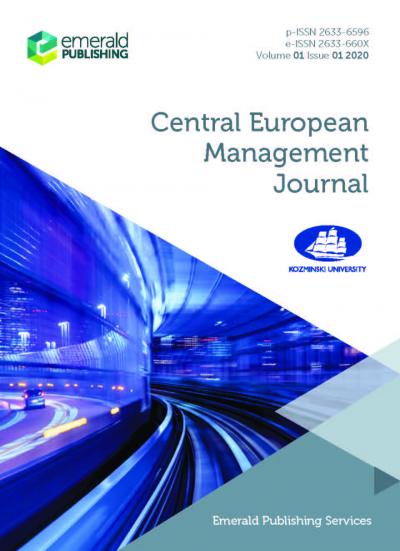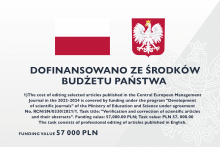Purpose: The objective of the research was an assessment of the experiences of Polish owners of family companies in organizing family meetings as mechanisms of family governance as well as evaluating the usefulness of solutions developed in this sphere for both family and company.
Methodology: The character of the conducted research was qualitative. The main technique used to gather data involved interviews. A total of thirty nine respondents from twenty companies were questioned. Nineteen were representatives of the older generation while twenty represented the younger second generation of owners of family businesses.
Findings: Research results indicated the rather extensive use by the examined owner families of family meetings to discuss company matters. Depending on their needs, they developed various models ranging from the ad hoc bringing up of company matters to the transformation of such meetings into formal, family meetings of the management board organized in company offi ces. Regardless of organizational form, family meetings were an important forum for the exchange of information and views on the functioning of the company among family members. The experiences of the examined families of owners in building family governance systems, understood as a complex of structures and mechanisms making possible the maintenance of a balance between tensions stemming from economic and emotional ties among family members, both involved in the company and outside it, remain small.
Research limitations: The qualitative character of the research, including the size of the examined sample (twenty family companies represented by thirty nine representatives), means that the generalizations made for the purposes of this study refer only to the experiences and opinions of the interviewed respondents.
Originality: The research performed is the fi rst of its kind devoted to family meetings as a component of the system of family governance created in the family forum of owners of family companies. At present, questions of family governance subject to Polish conditions are not a popular research fi eld undertaken with respect to family companies. This is dictated by the current phase of development of most domestic family ventures, where no
signifi cant diversifi cation of stakeholders on the family level has as yet occurred. However, this should in no way suggest that Polish family businesses are not acquiring their fi rst experiences in the sphere of family governance that, in the future, may prove useful in the forming of more complex structures.





